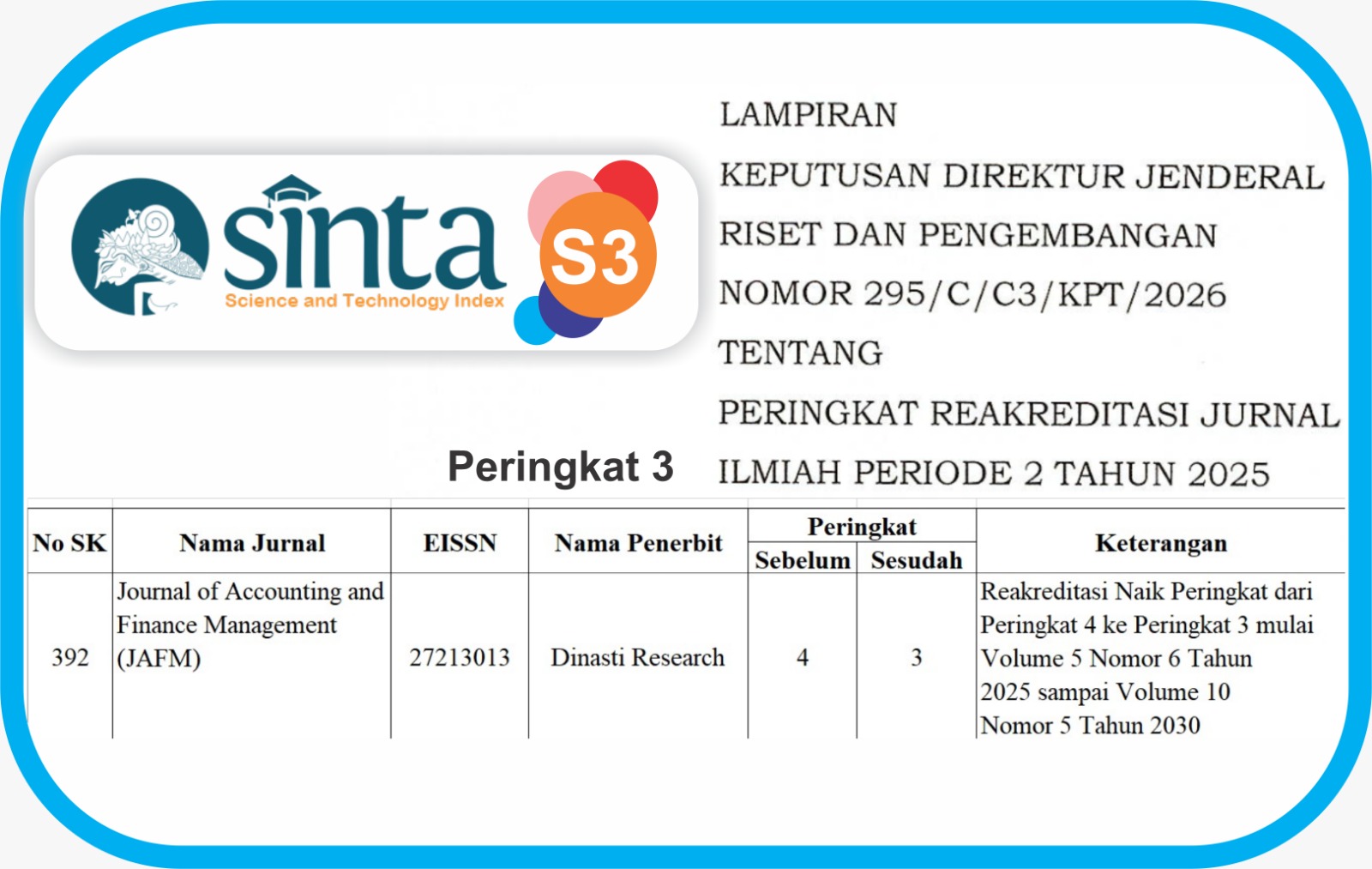Cryptocurrencies in A Global Islam Economy (Study Mini Review)
DOI:
https://doi.org/10.38035/jafm.v1i6.209Keywords:
Cryptocurrency, Islamic Economy, GlobalAbstract
The development of the digital era is increasingly widespread, encouraging changes in the payment system that provides services that facilitate economic activity. This also affects the economic behavior of the community. For example, the emergence of crypto currency or cryptocurrency as a digital currency, has almost the same function as other currencies. The difference is, crypto currencies do not have a physical form like fiat currency but in the form of blocks of data bound by hashes as validation. Despite providing a number of advantages for its users, the existence of cryptocurrency in Indonesia is still subject to debate both in terms of regulation and legality, especially from the perspective of Islamic sharia for its use. This article is conducted to review cryptocurrencies that are widely used in transactions, especially investments from the perspective of Islamic law. This research is a qualitative literature review. The data analysis technique in this study is descriptive-analytical with a normative juridical approach to Islamic law. Based on a number of references cited in this study, it is known that investing with cryptocurrency has a very high risk because its value can rise or fall derastically and predictably.
References
Anwar, N. S. (2019). Analisis Transaksi Digital Cryptocurrency Sebagai Investasi Global Dalam Perspektif Hukum Islam (Studi Kasus Dinar Dirham Di Makassar. 117.
Atiah, P. D. (2021). Melirik Dinamika Cryptocurrency dengan Pendekatan Ushul Fiqih. Jurnal Ilmiah Ekonomi Islam, 7(03), 1682–1688.
Ausop, A. Z., & Nur Aulia, E. S. (2018). Teknologi Cryptocurrency Bitcoin Untuk Investasi Dan Transaksi Bisnis Menurut Syariat Islam. Jurnal Sosioteknologi, 17(1), 74–92. https://doi.org/10.5614/sostek.itbj.2018.17.1.8
Burhanuddin, S. F. (2022). Transaksi Cryptocurrency?: Bagaimana Pandangan Hukum Ekonomi Islam Memandang? Jurnal Ilmiah Akuntansi Dan Keuangan, 5(2), 694–703.
Chaira, C. N., Furqani, H., & Amanatillah, D. (2019). Konsep Mata Uang Dalam Ekonomi Islam (Analisis Bitcoin Sebagai Mata Uang Virtual). Ekonomi Dan Bisnis Syariah, 3(2), 34–44.
Haq, H. B., & Ali, S. T. (2018). 6th International Conference on Islam and Liberty Islamabad, Pakistan, 14 – 15 November 2018 NAVIGATING THE CRYPTOCURRENCY LANDSCAPE: ISLAMIC PERSPECTIVE FOR 6. 6th International Conference on Islam and Liberty, November, 14–15.
Ibrahim Saleh, A. A., Abubakar Ibrahim, A., Fauzan Noordin, M., Mohd Mohadis, H., Abulfathi Ibrahim Saleh ?, A., Abubakar Ibrahim ?, A., Fauzan Noordin ?, M., & Mohd Mohadis, H. (2020). Factors Influencing Adoption of Cryptocurrency-based Transaction from an Islamic Perspective. Global Journal of Computer Science and Technology, 20(4), 21–32.
Jati, H. S., & Zulfikar, A. A. (2021). Transaksi Cryptocurrency Perspektif Hukum Ekonomi Syariah. Jurnal Al-Adalah, 6(2), 137–148.
Kabul Wahyu Utomo, Mila Arlinawati, N. N. S. (2020). The Sensitivity of Financial Position and Financial Behavior of Young Workers. Jurnal Manajemen, 24(2), 232. https://doi.org/10.24912/jm.v24i2.645
Muedini, F. (2018). The Compatibility of Cryptocurrencies and Islamic Finance. European Journal of Islamic Finance, 10, 1–11.
Mulyanto, F. (2015). Pemanfaatan Cryptocurrency sebagai Penerapan Mata Uang Rupiah ke dalam Bentuk Digital Menggunakan Teknologi Bitcoin. Indonesian Journal on Networking and Security, 4(4), 16.
Nur Azizah, A. S., & Irfan, I. (2020). Fenomena Cryptocurrency Dalam Perspektif Hukum Islam. Jurnal Ilmiah Mahasiswa Perbandingan Mazhab, 1(1), 62–80.
Nurhisam, L. (2017). Bitcoin Dalam Kacamata Hukum Islam. Ar-Raniry, International Journal of Islamic Studies, 4(1), 165. https://doi.org/10.20859/jar.v4i1.131
Siswantoro, D., Handika, R., & Mita, A. F. (2020). The requirements of cryptocurrency for money, an Islamic view. Heliyon, 6(1), e03235. https://doi.org/10.1016/j.heliyon.2020.e03235
Suryawan, R. F., Susanto, P. C., Parmenas, N. H., & Setiadi, D. (2021). Strategy to Increase Bank Satisfaction in the New Normal Era of Covid-19. Jurnal Mantik, 5(3), 1977–1981.
Umam, A. K., Wardhana, O. H. P., & Hany, I. H. (2020). Dinamika Cryptocurrency Dan Misi Ekonomi Islam. An-Nisbah: Jurnal Ekonomi Syariah, 7(2), 366–386. https://doi.org/10.21274/an.v7i02.3366
Warsito, O. L. D., & Robiyanto, R. (2020). Analisis Volatilitas Cryptocurrency, Emas, Dollar, Dan Indeks Harga Saham (Ihsg). International Journal of Social Science and Business, 4(1), 40–46. https://doi.org/10.23887/ijssb.v4i1.23887
Downloads
Published
How to Cite
Issue
Section
License
Authors who publish their manuscripts in this journal agree to the following conditions:
- The copyright on each article belongs to the author(s).
- The author acknowledges that the Journal of Accounting and Finance Management (JAFM) has the right to be the first to publish with a Creative Commons Attribution 4.0 International license (Attribution 4.0 International (CC BY 4.0).
- Authors can submit articles separately, arrange for the non-exclusive distribution of manuscripts that have been published in this journal into other versions (e.g., sent to the author's institutional repository, publication into books, etc.), by acknowledging that the manuscript has been published for the first time in the Journal of Accounting and Finance Management (JAFM).




























